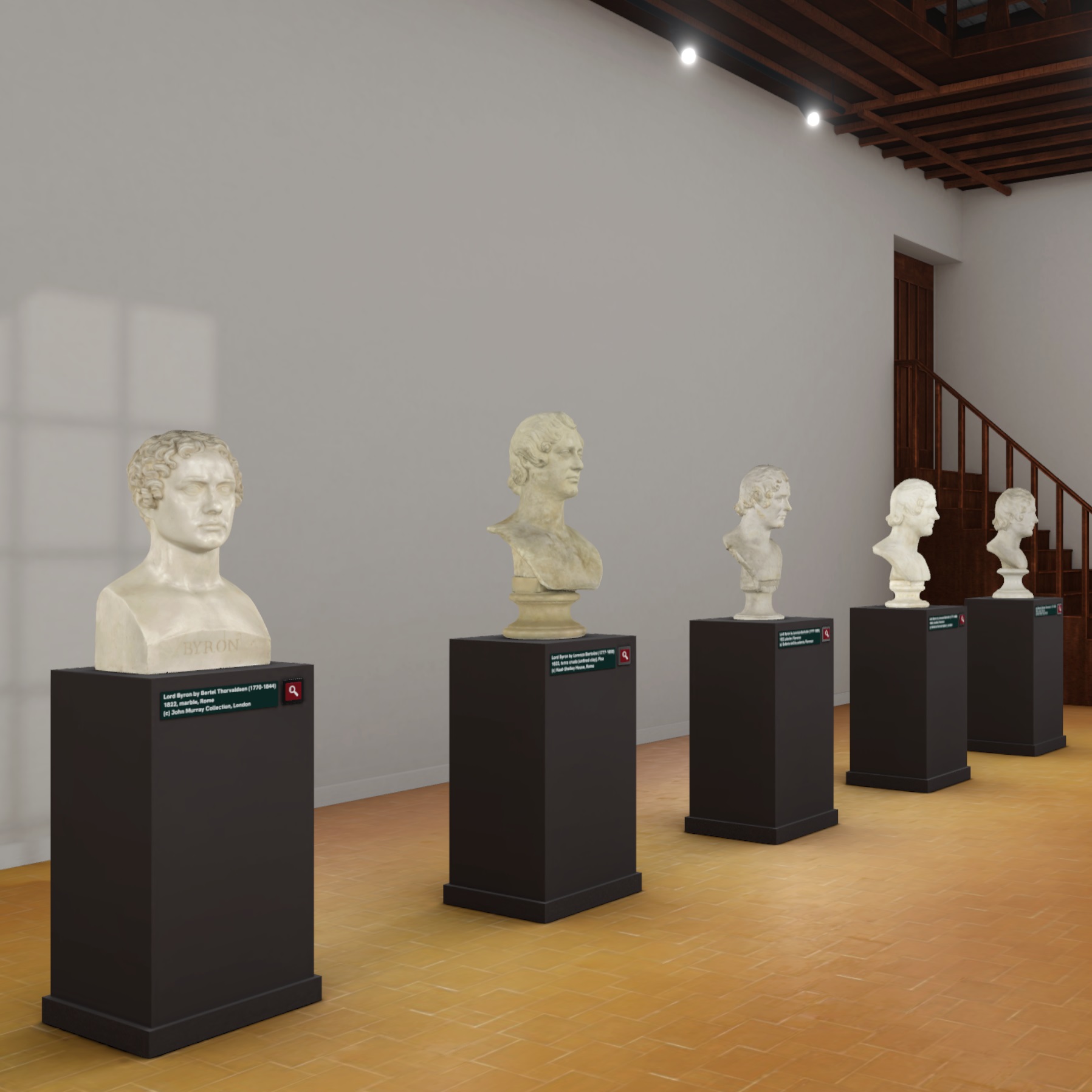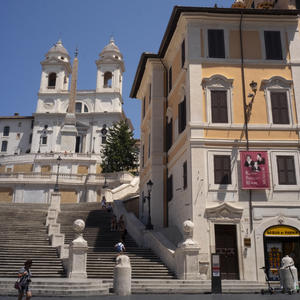Lamia
John Keats
Lamia
Left to herself, the serpent now began
To change; her elfin blood in madness ran,
Her mouth foam'd, and the grass, therewith besprent,
Wither'd at dew so sweet and virulent;
Her eyes in torture fix'd, and anguish drear,
Hot, glaz'd, and wide, with lid-lashes all sear,
Flash'd phosphor and sharp sparks, without one cooling tear.
The colours all inflam'd throughout her train,
She writh'd about, convuls'd with scarlet pain:
A deep volcanian yellow took the place
Of all her milder-mooned body's grace;
And, as the lava ravishes the mead,
Spoilt all her silver mail, and golden brede;
Made gloom of all her frecklings, streaks and bars,
Eclips'd her crescents, and lick'd up her stars:
So that, in moments few, she was undrest
Of all her sapphires, greens, and amethyst,
And rubious-argent: of all these bereft,
Nothing but pain and ugliness were left.
Still shone her crown; that vanish'd, also she
Melted and disappear'd as suddenly;
And in the air, her new voice luting soft,
Cried, ‘Lycius! gentle Lycius!’ —Borne aloft
With the bright mists about the mountains hoar
These words dissolv'd: Crete's forests heard no more.
lines 47-67
She was a gordian shape of dazzling hue,
Vermilion-spotted, golden, green, and blue;
Striped like a zebra, freckled like a pard,
Eyed like a peacock, and all crimson barr'd;
And full of silver moons, that, as she breathed,
Dissolv'd, or brighter shone, or interwreathed
Their lustres with the gloomier tapestries—
So rainbow-sided, touch'd with miseries,
She seem'd, at once, some penanced lady elf,
Some demon's mistress, or the demon's self.
Upon her crest she wore a wannish fire
Sprinkled with stars, like Ariadne's tiar:
Her head was serpent, but ah, bitter-sweet!
She had a woman's mouth with all its pearls complete:
And for her eyes: what could such eyes do there
But weep, and weep, that they were born so fair?
As Proserpine still weeps for her Sicilian air.
Her throat was serpent, but the words she spake
Came, as through bubbling honey, for Love's sake,
And thus; while Hermes on his pinions lay,
Like a stoop'd falcon ere he takes his prey.
Lines 146-170









